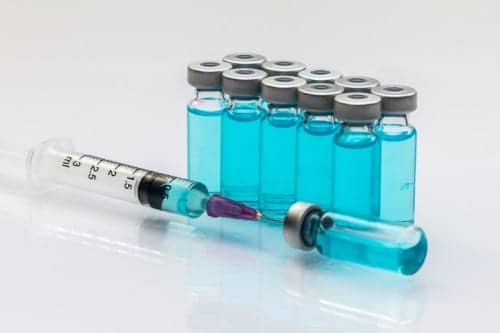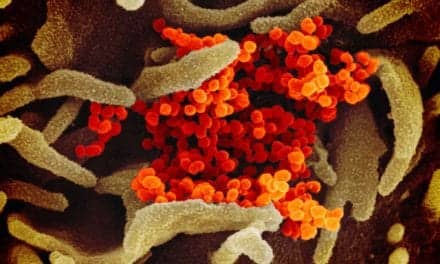Researchers at the Yale Cancer Center have developed a vaccine strategy that can reduce the risk of flu infection in cancer patients at an increased risk of influenza. The new strategy involves offering patients a high-dose flu vaccine followed by a second high-dose booster shot one month later. Fluzone High-Dose, the high-dose vaccine, was approved in 2009 by the FDA as a single dose for adults over 65 years of age.
According to a Science Daily news report, Andrew Branagan, MD, first author of the study, says the booster strategy lowered flu infection rate among patients to 6% versus an expected rate of 20%, and it improved protection against all flu strains covered by the vaccine in 66% of patients.
The Science Daily news report indicates that patients with cancers of the immune system are especially susceptible to common infections, and a bout of influenza can lead to severe illness or even death.
“Using an approved flu vaccine in a novel dosing schedule yielded promising results for a group patients at high risk for infection,” Branagan said. “We hope to confirm these results in a larger prospective randomized trial that is underway now at Yale during the 2015-2016 flu season. We suspect this strategy could benefit other cancer patient populations.”
This study was supported by the Arthur R. Sekerak Cancer Research Fund a Yale Cancer Center philanthropic fund.
Source: Science Daily









